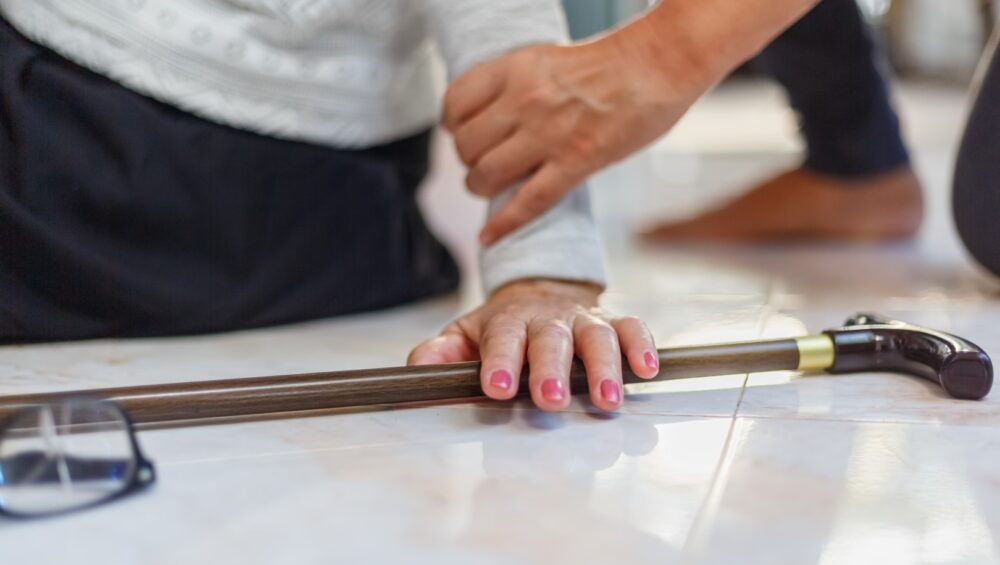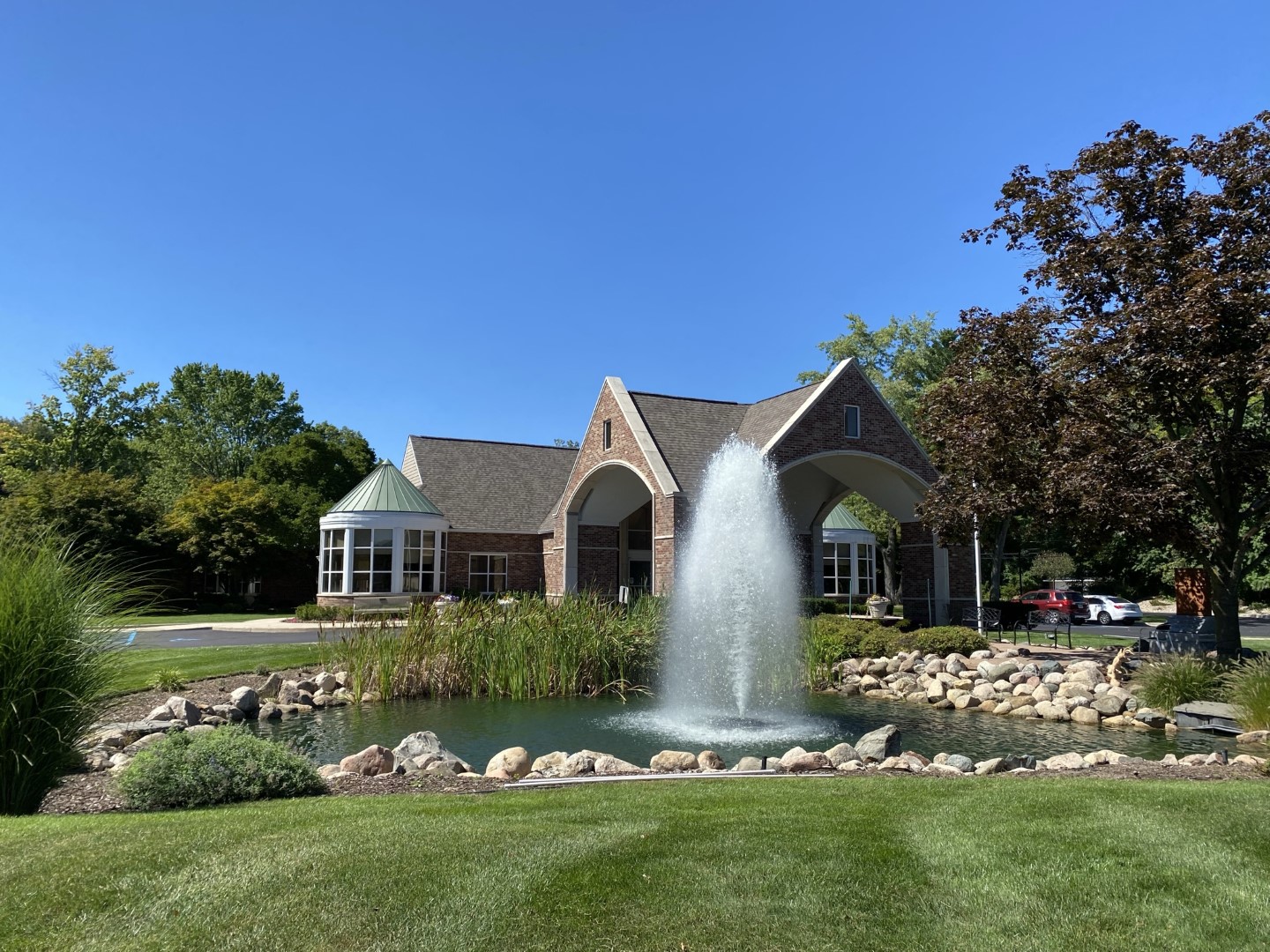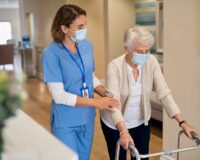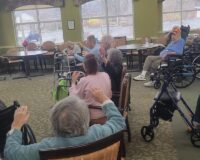Falls are a common and serious problem for the elderly, as they can cause injuries, complications, and loss of independence. Falls can also affect the quality of life and well-being of the elderly and their caregivers. Therefore, it is important to prevent falls in the elderly by following some simple and effective tips, such as:
- Make the home environment safe: The home environment should be free of any hazards or obstacles that may cause the elderly to trip, slip, or lose their balance. Some examples of hazards are loose rugs, cords, wires, furniture, clutter, or wet floors. These hazards should be removed or secured to prevent falls. The home environment should also have adequate lighting, especially in the stairs, hallways, and bathrooms. The elderly should use night lights or flashlights to see better in the dark. The home environment should also have handrails, grab bars, nonslip mats, or other safety devices to help the elderly move around safely.
- Encourage physical activity: Physical activity can help improve the strength, balance, and mobility of the elderly and reduce their risk of falling. Physical activity can also help prevent or manage chronic conditions that may affect their stability, such as osteoporosis, arthritis, or diabetes. The elderly should aim for at least 150 minutes of moderate-intensity aerobic exercise per week, such as walking, cycling, swimming, or dancing. They should also do some strength training and balance exercises to improve their muscle tone and coordination. The elderly should consult their doctor before starting any new exercise program and choose activities that are suitable for their abilities and preferences.
- Review medications: Some medications can cause side effects that may increase the risk of falling for the elderly, such as drowsiness, dizziness, low blood pressure, or blurred vision. Some examples of medications that can cause these side effects are sedatives, antidepressants, antihistamines, diuretics, blood thinners, and painkillers. The elderly should review their medications with their doctor or pharmacist and ask about their possible effects on their balance and coordination. Some medications may need to be adjusted or changed or taken with caution to prevent falls. The elderly should not stop or start any medication without consulting their doctor or pharmacist first.
- Check vision and hearing: Vision and hearing are important senses that help the elderly maintain their balance and orientation. Vision and hearing can decline with age and affect the ability of the elderly to see obstacles or hear warnings that may prevent them from falling. The elderly should have regular eye and ear exams and check-ups with their eye doctor or audiologist to detect any changes or problems with their vision or hearing. They should also wear glasses or hearing aids if needed and keep them clean and updated.
- Use assistive devices: Assistive devices are tools that can help the elderly move around safely and independently. Some examples of assistive devices are canes, walkers, wheelchairs, scooters, or lifts. Assistive devices can provide support and stability for the elderly who have difficulty walking or standing. The elderly should use assistive devices that are appropriate for their needs and conditions and follow the instructions on how to use them properly. They should also check their assistive devices regularly for any damage or wear and tear and repair or replace them if needed.
By following these tips, the elderly can prevent falls and improve their health and quality of life. However, if a fall does occur, the elderly should seek medical attention as soon as possible and report the incident to their doctor or caregiver. They may also need to undergo a fall risk assessment and receive a fall prevention plan to reduce the likelihood of future falls.





